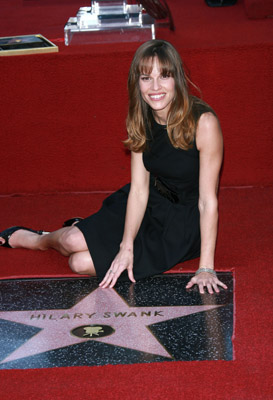Capitalism is a economic system based on individual rights. Capitalism prevails in a free market in which the means of production are mostly privately owned and operated for profit.
History has shown that capitalism has had greater success over its rival systems, socialism and communism for creating wealth. The socialist system of India has witnessed a Mother Teresa who was awarded the Nobel Peace Prize, "for work undertaken in the struggle to overcome poverty and distress, which also constitute a threat to peace."
The capitalist system in United States produced a Bill Gates who created a fortune for himself and became the richest person in the world by helping others to create fortunes for themselves. In the first case the Mother feeds the poor on a daily basis, while Gates has shown a way for people to fend for themselves.
And so it is agreed that capitalism has won in creating more wealth. It is the engine that is driving most of the world's economies. Where capitalism has flourished, it has a thriving middle class, a term that is ill-defined to include those who have a degree of economic independence but are neither at the top nor at the bottom of a social hierarchy.
In the world's largest capitalist economy, the United States, the middle class today is less prepared for an economic emergency, such as losing a job , than at any time since the late 1970s, concludes a new study from a political think tank in Washington.
This means the middle class has become a doomed class. It means even to remain in this class one has to start working early, continue personal saving and be blessed with good, or at least decent, physical and mental health.
It's hard to achieve much if you can't work. Illness, disability, addiction, and other afflictions can stop your economic progress in its tracks. Capitalism is not the panacea for all economic woes including poverty.
Capitalism gives the freedom that the rich need to create and maintain and their wealth, it gives the same freedom to the poor to create wealth. Thus, no one is forced into poverty, as in non-capitalist countries.
Unfortunately even with globalisation, modern technology and the various forms of economic models, the human capacity, capability and the motivation to increase and maintain wealth differs vastly from people to people under different conditions.
As a result while the rich have become richer through the many opportunities that continue to empower them, the gap between the rich and the poor also continues to increase.
While capitalism is not an egalitarian concept, those who are unable to make a decent living for whatever reason in a capitalist society must be given a helping hand in order to maintain social harmony and peace. This is the challenge for the modern capitalist economies.






